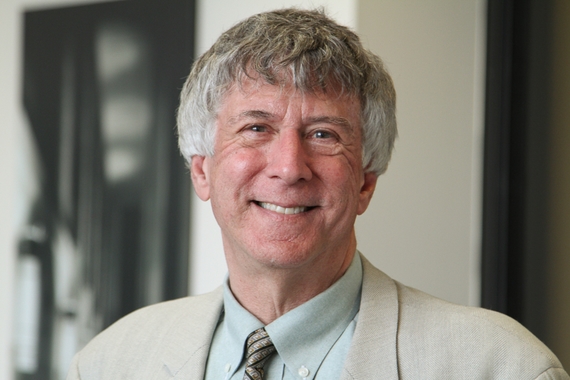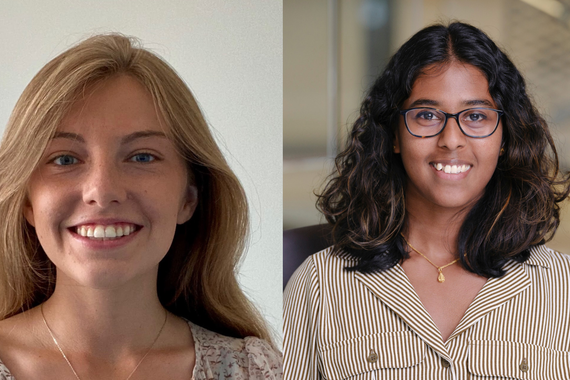DeYoung Unravels the Complexity and Stereotypes of Introversion and Extroversion

There is a common misconception that introverts are loners who are focused on their inner life, whereas extraverts are outgoing and sociable. However, in Everyday Health’s article “What Makes Someone an Introvert: Definition, Personality Traits, and Self-Care Tips,” Colin DeYoung sheds light on the true nature of what it means to be an introvert, which is slightly different than the view often presented in “pop psychology.”
DeYoung explains that introversion is more complex than just being shy or uninterested in people. He discusses current theory, which highlights that extraverts’ brains are more sensitive to the possibility of reward, and so they find social interactions stimulating and rewarding, whereas introverts are more likely to find social situations tiring because they are less likely to see them as rewarding. Introverts anticipate the energy required to engage in social interactions and don’t always expect positive emotions in return. It’s essential to understand that introverts don’t necessarily dislike social interactions, especially if they are with small groups of familiar friends. They may even enjoy a party now and then, but afterward, they’re likely to need time to decompress and recharge.
DeYoung also dispels the misconception that people must fit into binary categories of introversion or extraversion. He points out that most individuals fall somewhere in between these extremes on the extraversion–introversion spectrum. This middle ground shows that human personality traits exist on a diverse spectrum.
Colin DeYoung, PhD, Associate Professor and Lab Director in the DeYoung Personality Lab in the Department of Psychology at the University of Minnesota.
Composed by Madison Stromberg, communications assistant.


